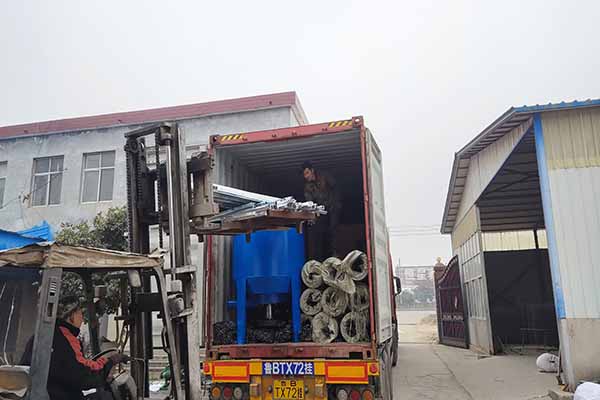Understanding the Cost of Commercial Chicken Farming Setup
1. Overview of Commercial Chicken Farming Costs
Commercial chicken farming is a lucrative business, but it requires a substantial initial investment. Several factors contribute to the total cost of setting up a commercial chicken farm. Below is a breakdown of these costs:
–
- Land and Infrastructure: The cost of purchasing or leasing land, as well as building the farm infrastructure, can vary greatly depending on the location and size of the farm.
- Chicken Raising Equipment: This includes brooders, feeders, waterers, and other necessary equipment.
- Chicken Feed: The cost of feed is a significant expense, and prices can fluctuate due to market conditions.
- Water Supply: Access to a reliable water source is crucial, and costs may include installation and maintenance of water tanks and pipelines.
- Energy: Power for lighting, heating, and cooling the chickens will add to your operational costs.
- Insurance: Insurance coverage for the chickens, equipment, and property is essential for risk management.
- Manpower: Labor costs for managing the farm, including wages for workers, supervisors, and veterinarians.
As per a recent survey, the average setup cost for a medium-sized commercial chicken farm ranges from $50,000 to $100,000.
2. Factors Influencing the Cost of Chicken Farming Setup
Several factors can influence the cost of setting up a commercial chicken farm:
–
- Location: The cost of land varies significantly across different regions. Proximity to markets and suppliers can also impact costs.
- Scale of Operation: The size of the farm directly impacts the total investment. Larger farms require more land, equipment, and labor.
- Technology: The adoption of modern technology, such as automated feeding systems and climate control, can increase initial costs but may lead to higher efficiency and lower long-term expenses.
- Market Conditions: Fluctuations in feed prices and chicken meat demand can influence the overall cost and profitability of the farm.
3. Cost-Effective Strategies for Chicken Farming Setup
To minimize the initial investment and ensure the success of your commercial chicken farming venture, consider the following strategies:
–
- Optimize Land Use: Maximize the potential of your land through efficient design and layout.
- Research and Compare Suppliers: Shop around for the best deals on chicken feed, equipment, and other supplies.
- Invest in Energy Efficiency: Implement energy-saving measures to reduce long-term operating costs.
- Training and Development: Invest in the training of your staff to improve efficiency and reduce labor costs.
Conclusion:
Setting up a commercial chicken farm requires careful planning and investment. By understanding the factors influencing the cost and adopting cost-effective strategies, you can build a successful and profitable business. For more information and a free chicken farming design and equipment quotation, please leave a comment below. 




